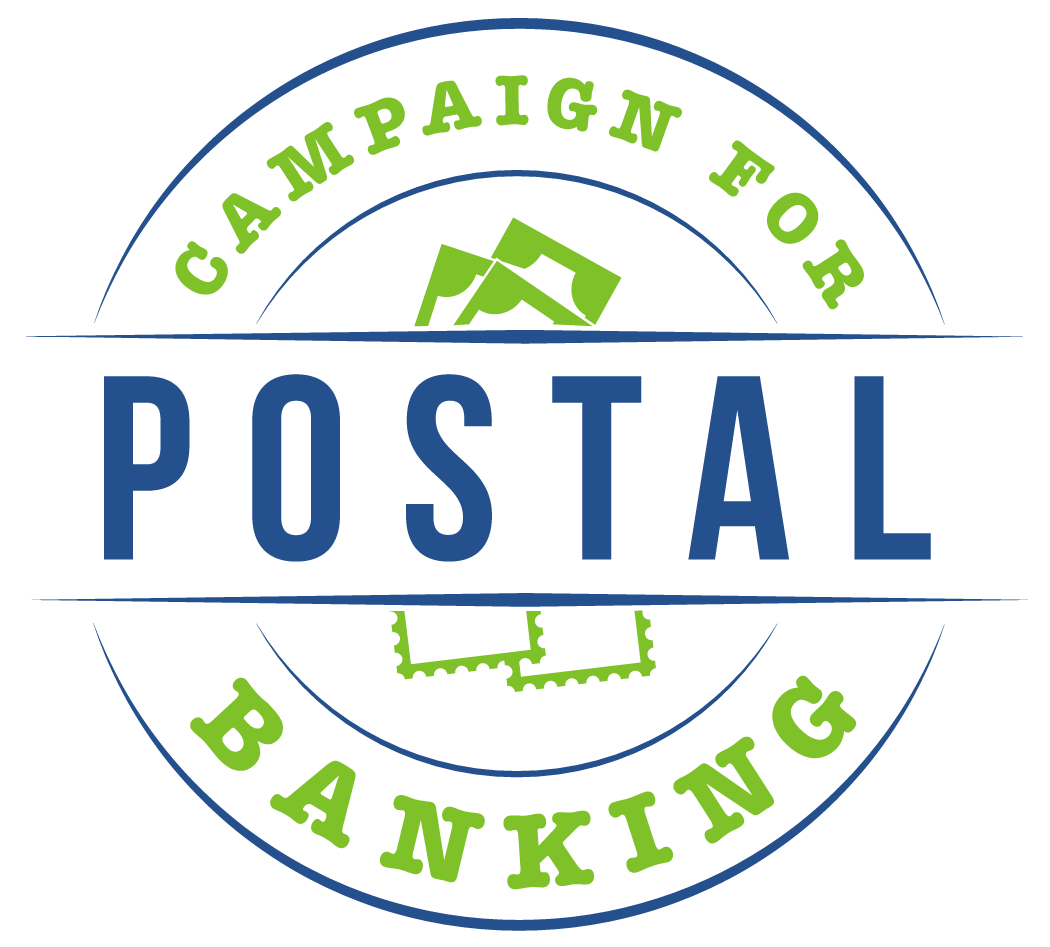APWU Gains Task Force On Expanded Services
September 1, 2016
(This article first appeared in the September-October 2016 issue of The American Postal Worker magazine)
The 2015 contract campaign presented an opportunity to demonstrate broad public support for strengthening and expanding our public Postal Service.
As part of this effort, APWU and the Campaign for Postal Banking made the case for expansion of financial and other services. The effort paid off with a Memorandum of Understanding (MOU) on Enhanced and Expanded Services. The July 2016 arbitration decision MOU calls on the Postal Service and the APWU to “cooperate on identifying and developing potential opportunities to increase revenue that also provides a positive financial contribution.”
A joint “Service Enhancement and Innovation” task force will research and discuss potential revenue-increasing services and launch pilot projects within one year of the effective date of the Collective Bargaining Agreement. Services to consider will include:
- Enhancement of products and services
- Partnerships with government agencies
- Modernization of money orders
- Expansion of international money transfers
- Gift cards
Democratic Party Platform Calls for Postal Banking
On June 9, APWU President Mark Dimondstein testified before the Democratic Party Platform Committee. Dimondstein called for a platform that “addresses strong support and commitment to a vibrant public Postal Service and unequivocally opposes any attempts aimed at postal privatization.” He also called for enhanced postal services including “providing basic postal financial services.”
Dimondstein’s efforts were successful. A new section of the platform, “Revitalizing Our Nation’s Postal Service,” calls for “basic financial services” at the post office.
Postal banking is also a significant piece of the platform call for “Reining in Wall Street and Fixing our Financial System.” The platform says, “At a time when many of the largest banks have shunned communities across America, Democrats believe that we need to give Americans affordable banking options, including by empowering the United States Postal Service to facilitate the delivery of basic banking services.”
Although the APWU also submitted a written proposal to the Republican Party, the GOP platform is silent on postal matters.
A Growing Market: International Money Transfers
The market for sending money abroad through international money transfers is a hot one, growing between 3 percent and 11 percent annually from 2010 to 2014, according to a recent audit by the USPS Office of Inspector General (OIG). Yet the Postal Service continues to offer primarily an old-fashioned version of international money transfers: the international paper money order (IPMO) with sales declining drastically in recent years.
According to the OIG, the Postal Service’s electronic international money transfer service is “failing to capitalize on the strong demand worldwide.” The top 10 countries where Americans send money account for more than two-thirds of funds sent abroad each year. But the USPS international money transfer service only serves four of those countries.
The OIG recommends that the “Postal Service remake its international paper money order program into an enhanced electronic international money transfer services program and improve the domestic money order program by adding digital technologies.”
If the Postal Service captured 3 percent of the remittance market in those countries, it would generate approximately $163 million in annual revenue after five years, according to the OIG’s 2015 report, The Road Ahead for Postal Financial Services.
 Campaign for Postal Banking
Campaign for Postal Banking
The Campaign for Postal Banking is a coalition of consumer, worker, financial reform, economic justice, community, civic, and faith-based organizations calling for low-cost, consumer-driven financial services via the Postal Service. Products and services could range from check cashing to bill payment to savings accounts to small-dollar loans. Postal Banking will benefit consumers who do not have access to traditional banks as well as those who would prefer a more public option. The expansion of services would also strengthen our public Postal Service. To learn more, visit www.CampaignForPostalBanking.org.



